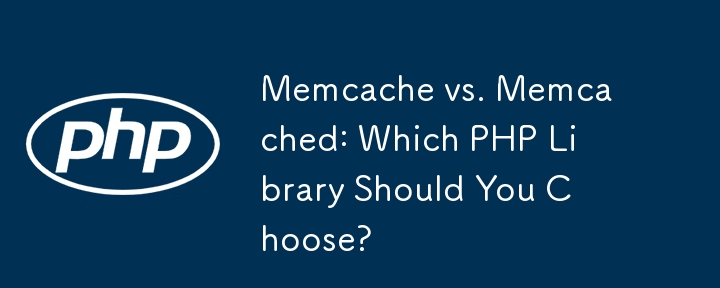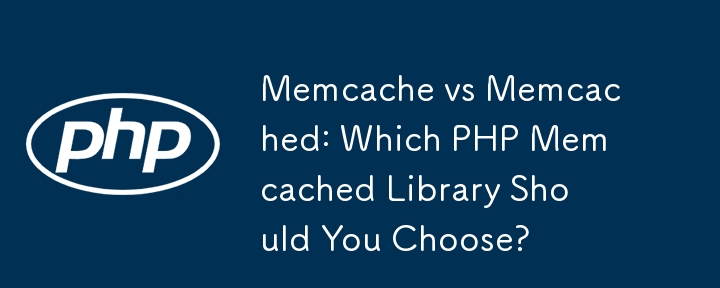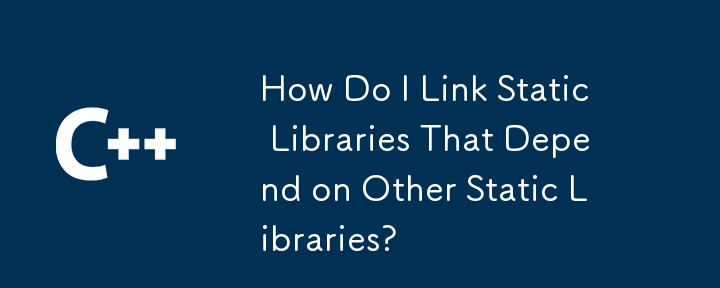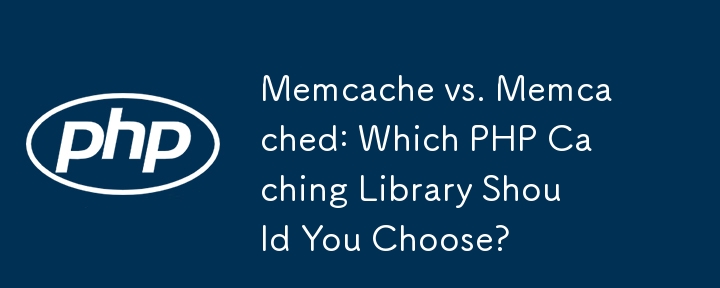ElasticSearch is a search server based on Lucene. It provides a distributed multi-user capable full-text search engine based on a RESTful web interface. Developed in Java and released as open source under the terms of the Apache license, Elasticsearch is a popular enterprise-level search engine. Designed for use in cloud computing, it can achieve real-time search, is stable, reliable, fast, and is easy to install and use.
Course Recommendation→: "Elasticsearch Full Text Search Practical Combat" (Practical Video)
From the course"Ten Million Level Data Concurrency Solution (Theory and Practice)》
We build a website or application and want to add a search function, but it is very difficult to complete the creation of the search work. We want our search solution to be fast, we want to have a zero-configuration and a completely free search mode, we want to be able to simply use JSON to index data over HTTP, we want our search server to be always available, we want to be able Starting with one and scaling to hundreds, we want real-time search, we want simple multi-tenancy, and we want to build a cloud solution. So we use Elasticsearch to solve all of these problems and many more that may arise.
ElasticSearch’s PHP client library
<?php
namespace Elastica;
class Index implements SearchableInterface
{
protected $_name;
protected $_client;
public function __construct(Client $client, $name)
{
$this->_client = $client;
if (!is_scalar($name)) {
throw new InvalidException('Index name should be a scalar type');
}
$this->_name = (string) $name;
}All resources on this site are contributed by netizens or reprinted by major download sites. Please check the integrity of the software yourself! All resources on this site are for learning reference only. Please do not use them for commercial purposes. Otherwise, you will be responsible for all consequences! If there is any infringement, please contact us to delete it. Contact information: admin@php.cn
Related Article
 Memcache vs. Memcached: Which PHP Library Should You Choose?
Memcache vs. Memcached: Which PHP Library Should You Choose?
09 Nov 2024
Distinguishing "Memcache" and "Memcached" in PHPPHP offers two memcached libraries: memcache and memcached. Understanding their differences helps...
 Memcache vs Memcached: Which PHP Memcached Library Should You Choose?
Memcache vs Memcached: Which PHP Memcached Library Should You Choose?
19 Nov 2024
Memcache vs Memcached: Choosing the Right PHP Memcached LibraryIntroductionPHP offers two seemingly similar memcached libraries: memcache and...
 How Do I Link Static Libraries That Depend on Other Static Libraries?
How Do I Link Static Libraries That Depend on Other Static Libraries?
13 Dec 2024
Linking Static Libraries to Other Static Libraries: A Comprehensive ApproachStatic libraries provide a convenient mechanism to package reusable...
 Which PHP Library Best Fits Your Email Address Validation Needs?
Which PHP Library Best Fits Your Email Address Validation Needs?
18 Nov 2024
PHP Email Address Validation Libraries UncoveredEmail address validation plays a crucial role in data validation, but creating a...
06 Jul 2016
I have seen many open source projects in the form of class.classname.php, but I have also seen many frameworks in the form of classname.class.php. Where should I place this class? I personally prefer the .class.php form, because in some frameworks, after importing third-party class libraries and specifying class libraries...
 Memcache vs. Memcached: Which PHP Caching Library Should You Choose?
Memcache vs. Memcached: Which PHP Caching Library Should You Choose?
12 Nov 2024
Memcache vs. Memcached: Choosing the Right PHP Library for Your Cache NeedsIn the realm of PHP caching libraries, Memcache and Memcached stand out...


Hot Tools

PHP library for dependency injection containers
PHP library for dependency injection containers
A collection of 50 excellent classic PHP algorithms
Classic PHP algorithm, learn excellent ideas and expand your thinking
Small PHP library for optimizing images
Small PHP library for optimizing images




